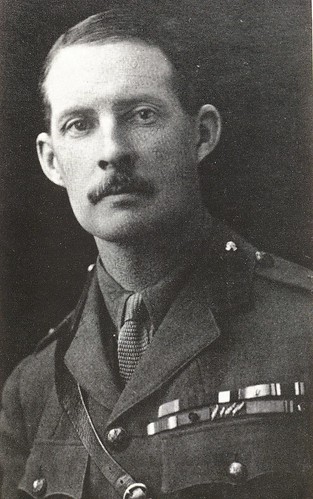Over at The Independent, Mr. Guy Keleny says real liberals should support the monarchy, concluding:
Well, I submit that for true liberals, who care most of all for the liberty of the individual citizen, the “will of the people” is a will o’ the wisp, frequently invoked by crooks and tyrants. We do not like triumphs of the will, even that of the people. The chief value of democracy is not in “getting things done” – that is the socialist way – but in preventing the abuse of power by those in charge. And the chief value of monarchs is that they are there not by their own will or anybody else’s but by pure chance. The important thing is not to confuse the person and the office; the Queen is not a god, nor does she “deserve” the privileges of her office. But that office is ancient, colourful and modestly useful, and we’d be crazy to get rid of it.Psyposts reports on research for implementing tyranny of the majority.
Mr. Matt Briggs reflects on Plato and democracy.
PoliticsUSA reports on someone refusing to pledge support for democracy. Is that supposed to be a bad thing?
The Mad Monarchist reviews the year, concluding:
Most troubling for me about 2013 was the further deterioration of tradition and traditional values. Royal children born out of wedlock, “inter-faith” coronations and so on. Belgium and Luxembourg both have openly homosexual prime ministers and in little Luxembourg bigger changes are planned with the current government such as legalizing gay marriage, gay adoption, removing religious classes from the public schools and doing away with Catholic services as part of National Day celebrations. The King of The Netherlands says he doesn’t want to be called “Your Majesty”, the Prince of Wales wants an “inter-faith” coronation and the Pope is talking about income inequality and driving a Ford. In all the good and bad we have seen in 2013, it is safe to say that those supporting tradition and monarchy, in Europe in particular, need to step their game up in a big way.In another post, the same blogger says:
However, over time, minor incidents were so exaggerated that the British public, it seems, came to view the monarch as being the adviser to the Parliament rather than the reverse and invested so much power in politicians for fear of being tyrannized by a monarch that today the monarch has no power to restrain the politicians from tyrannizing the people.A few other posts by the same blogger:
- Story of Monarchy: The End of Afghanistan
- What the Pope Said
- December 7 and the American Double-Standard with Japan
- Arguing with Canadian Republicans
Over at his weblog Royal World, Mr. Theodode Harvey ponders the concepts of left and right. He also mentions a French pretender. More at Royal World in December.
Tea at Trianon has a post on Queen Charlotte (consort of George III) and the Christmas tree and one on abandoned castles in France.
Mr. Gareth Russell sums up a few reads from the year that is closing, including a couple of books related to the war whose centenary is coming up.
The Financial Times interviews the Sovereign Prince of Liechtenstein (via Nobility and Analogous Traditional Elites).
Nobility and Analogous Traditional Elites presents a story of a colonel who would not stand up for his King.
Over at The Guardian, Mr. Martin Kettle reflects on what would have happened if Germany had won the Great War (via LRC).
Over at the LRC Blog, Mr. Charles Burris has some quotes related to the Great War.
Over at the Mail on Sunday, Mr. Peter Hitchens gives his thoughts on the institution of marriage.
Ad Orientem brings us a report on a speech of the Prince of Wales on Christianity and the Middle East.





No comments:
Post a Comment